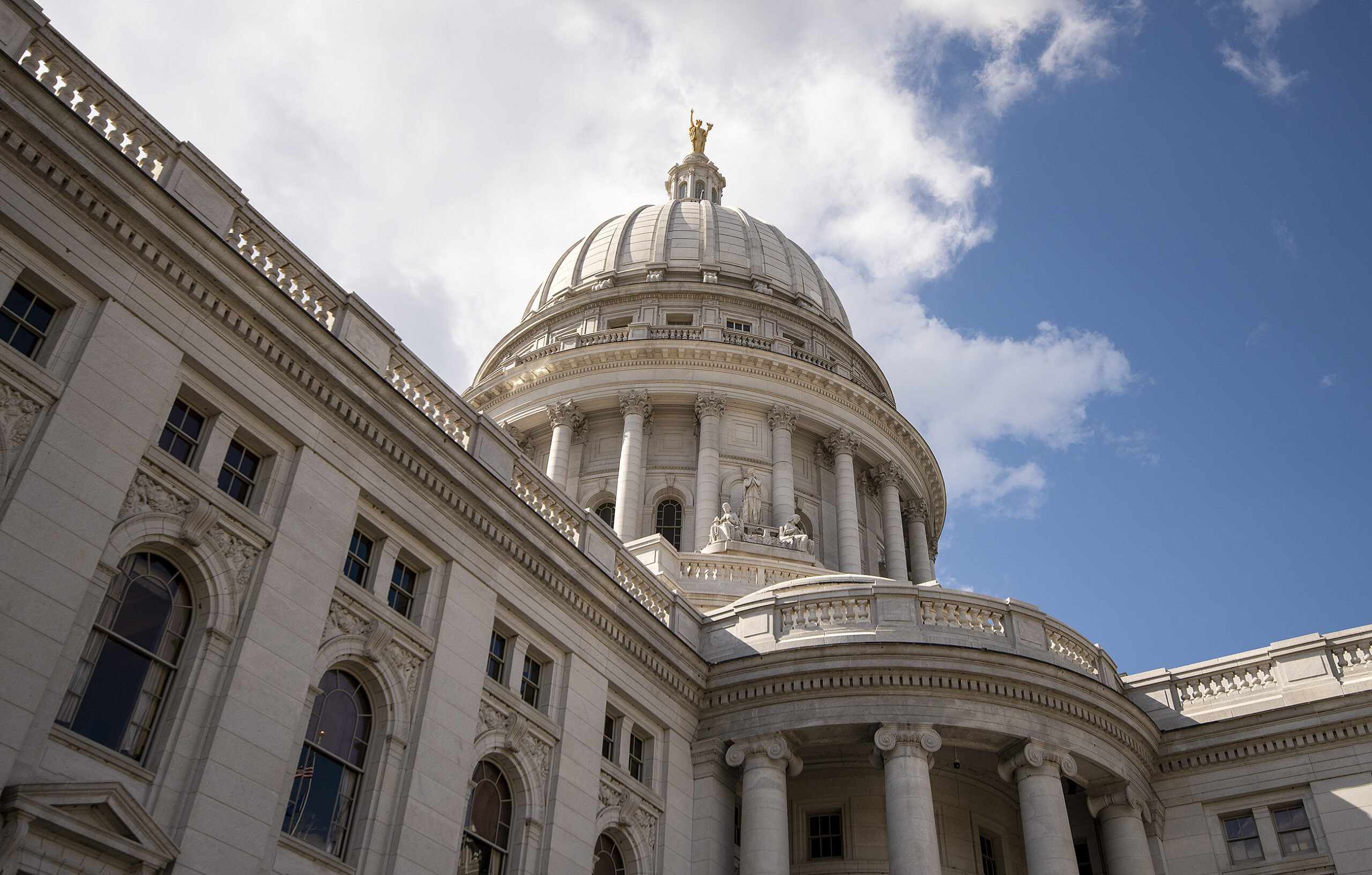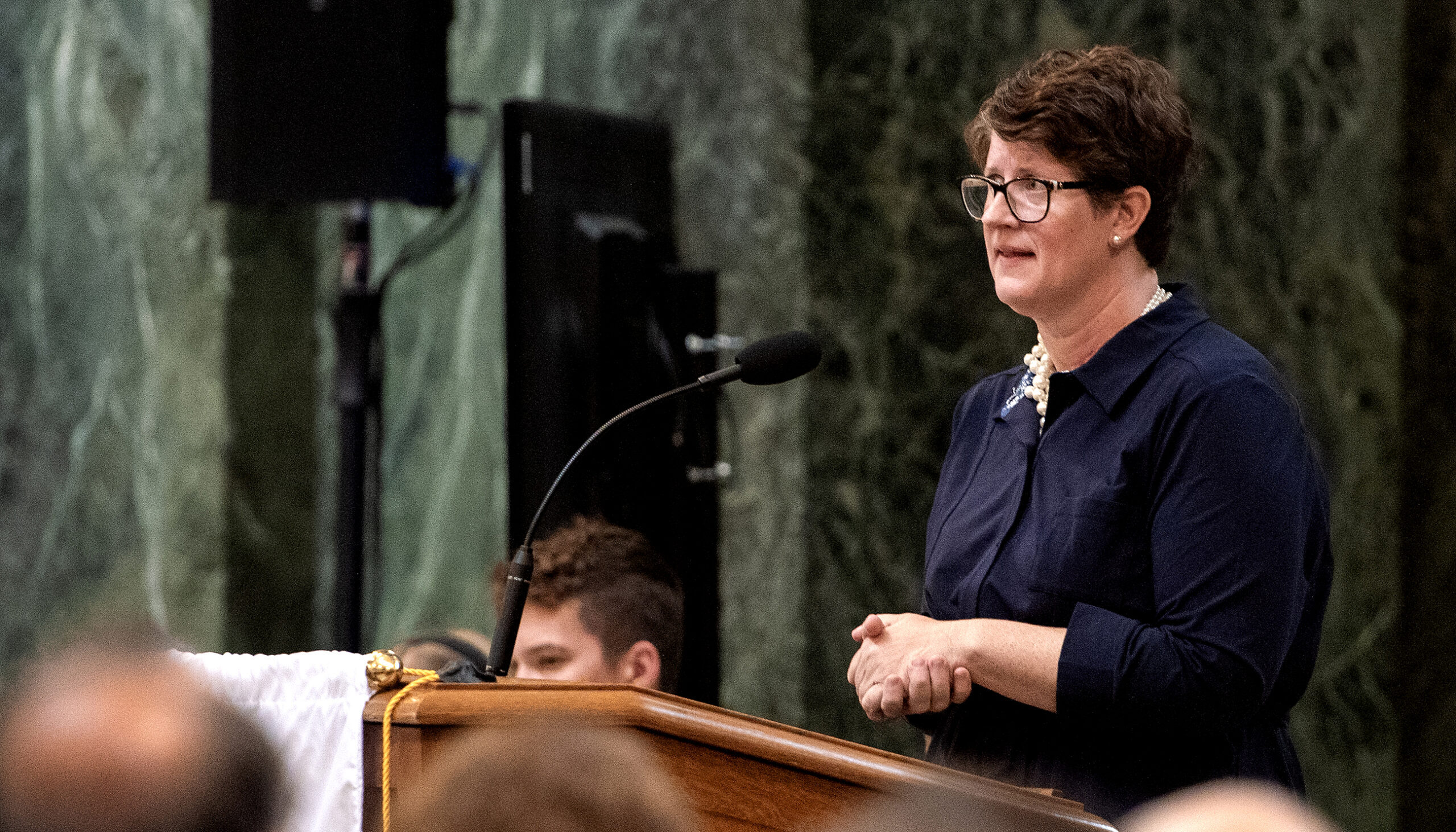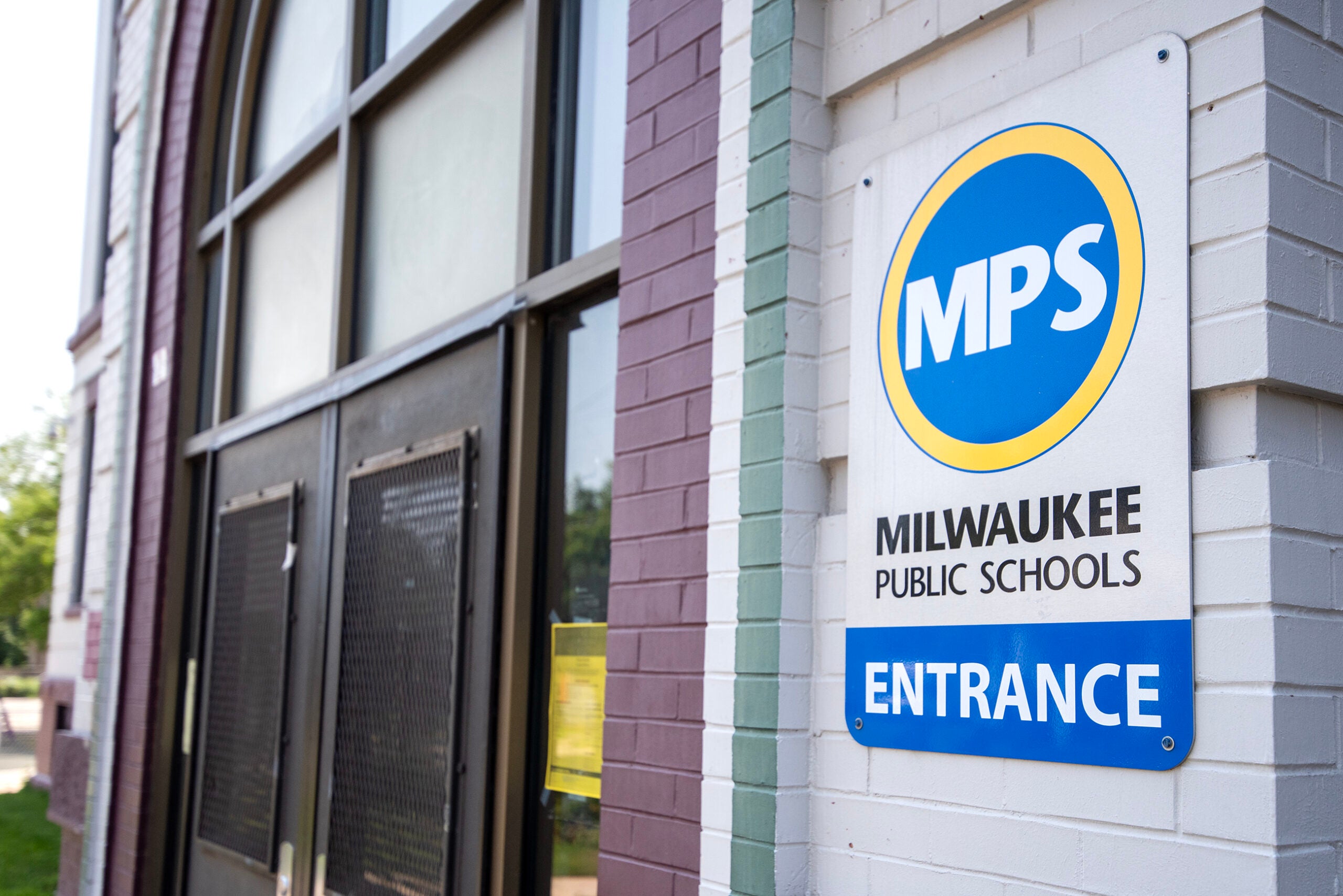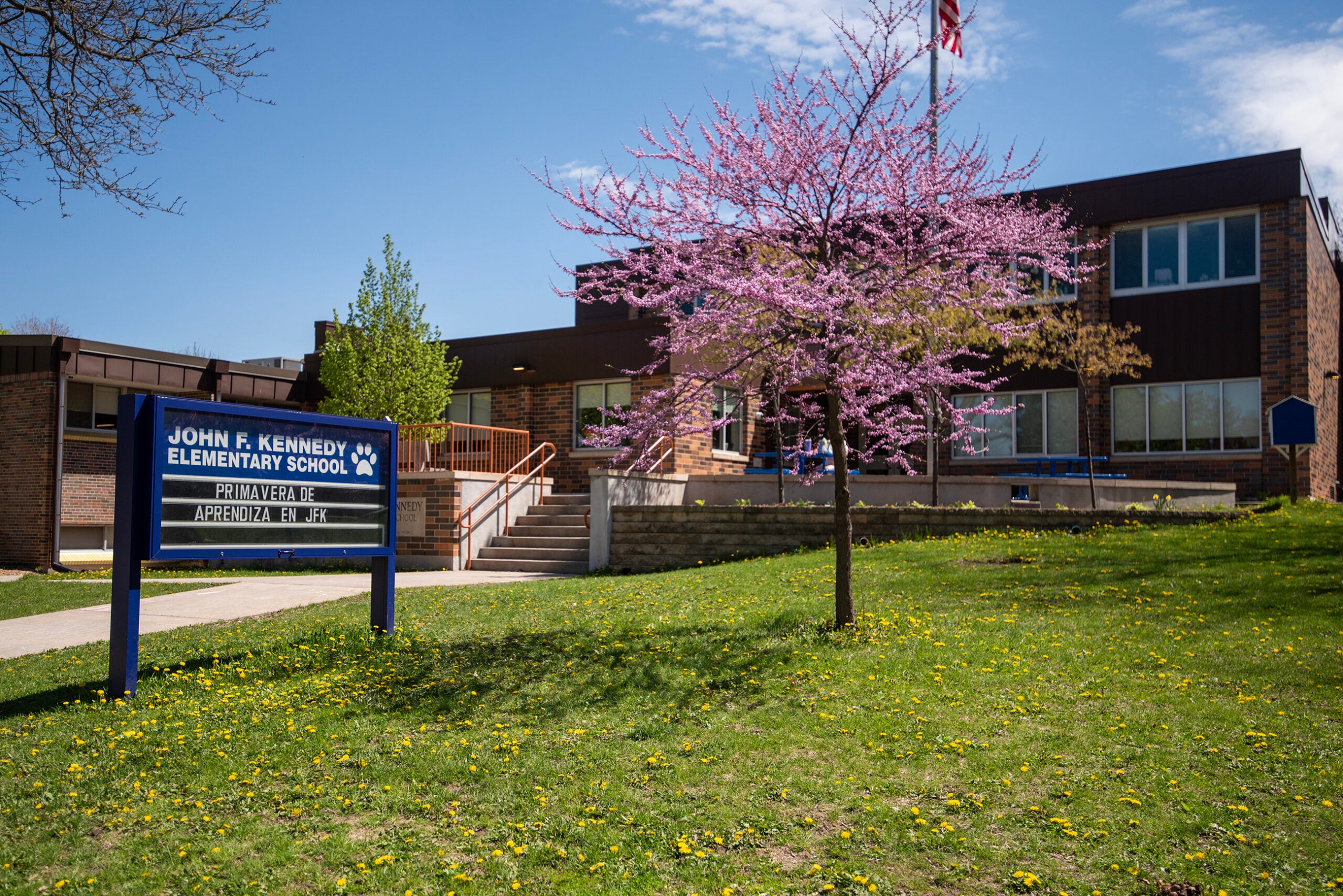Wisconsin’s superintendent of public schools says she is “surprised and also hurt” the state Legislature’s GOP-controlled Joint Finance Committee hasn’t invited her to testify on significant funding increases in Gov. Tony Evers’ state budget proposal. The governor wants an additional $2.6 billion for K12 education, while a leading Republican has called the budget proposal “devoid of reality.”
On top of the overall spending boost, Evers’ biennial budget proposal calls for notable changes in how the state funds public schools. More than $1 billion would go toward covering 60 percent of the costs of special education. A 2019 study found the state paid around 25 percent.
Evers has also called for raising state limits on how much school districts can collect from local property taxpayers. In the first year of the budget, what is called per pupil spending would grow by $350 per student. In the second year, that would grow to $650. Evers’ office has said it would be the largest increase since revenue limits were adopted in the 1990s.
News with a little more humanity
WPR’s “Wisconsin Today” newsletter keeps you connected to the state you love without feeling overwhelmed. No paywall. No agenda. No corporate filter.
Traditionally, state agencies like the Department of Public Instruction are invited to make their pitches to the Legislature’s Joint Finance Committee as it considers changes to the governor’s recommendations. During a briefing with reporters Monday, DPI Secretary Jill Underly said the invite hasn’t come.
“I was surprised and also hurt,” Underly said, “because if we don’t pass this budget, I mean, you think about the repercussions, right?”
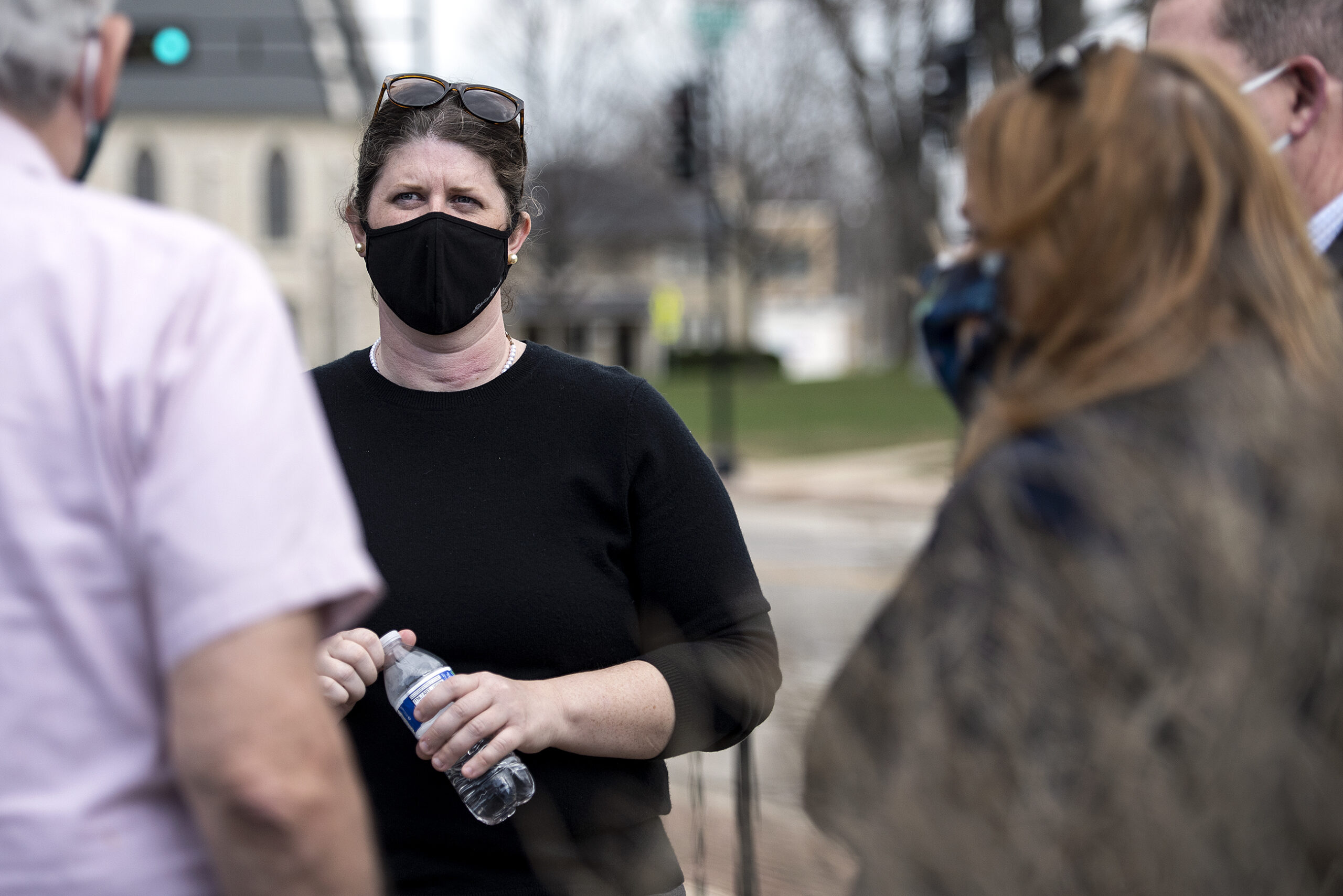
Underly framed those potential repercussions in harsh terms. School districts are facing a “funding cliff,” she said, with officials at some talking about closing schools.
“School districts also have been going to referendum at a higher rate,” Underly said, referring to the process districts use to ask voters for permission to raise property taxes. “And they’re going to have to continue to go to referendum unless we, you know, get things changed.”
Last year, public school districts around Wisconsin asked voters to approve an additional $1.9 billion in spending authority through at least 70 referendum questions from 50 districts. A 2020 analysis by the nonpartisan Wisconsin Policy Forum found voters have been increasingly willing to support school referendums.
Recent state budgets approved by Republican lawmakers and signed by Gov. Evers have increased general state aid to schools, but did not increase the state levy limits. As a result, much of that funding went toward reducing local property taxes.
“In order to give schools sufficient spending capacity, they need significant revenue limit adjustments to compensate for the fact that over the last couple of years, school districts have had a big zero in per pupil adjustment,” said Erin Fath, DPI director of policy, budget and research.
Evers’ recommended spending increases for schools and other state agencies relies on, in part, pulling from a projected $7.1 budget surplus.
Underly said the Joint Finance Committee has passed on recent opportunities to increase funding for public schools and students “even without this incredible surplus boom.”
“So, there are no excuses,” Underly said. “They need to do their job. So let’s do what’s best for kids and get the funding that they need. And that’s what’s best for our state in passing this budget.”
Republican leaders in the Legislature have downplayed the surplus, with Assembly Speaker Robin Vos, R-Rochester, accusing Evers’ budget proposal of being “absolutely devoid of reality.”
A recent study from Wisconsin’s Policy Forum found that if Evers’ budget plan is approved, it would lead to future budget deficits.
It’s unclear what changes Republicans on the JFC will make to Evers’ recommendations. But in recent years, the final budgets signed by the governor have come in well below his initial recommendations.
Another likely sticking point between the GOP, DPI and Evers is a proposed freeze on new enrollments in Wisconsin’s private school voucher program and private school special needs scholarship program. When asked why capping the number of private schools receiving state funding by way of vouchers for parents is important to DPI, Underly said it’s because “we’re in a moment where public schools are at a tipping point.”
“We need reliable, ongoing, sustainable, transparent public school funding,” Underly said. “And we can’t afford two systems of school funding where the Legislature can barely fund the one that we have for public school kids.”
Wisconsin Public Radio, © Copyright 2025, Board of Regents of the University of Wisconsin System and Wisconsin Educational Communications Board.

